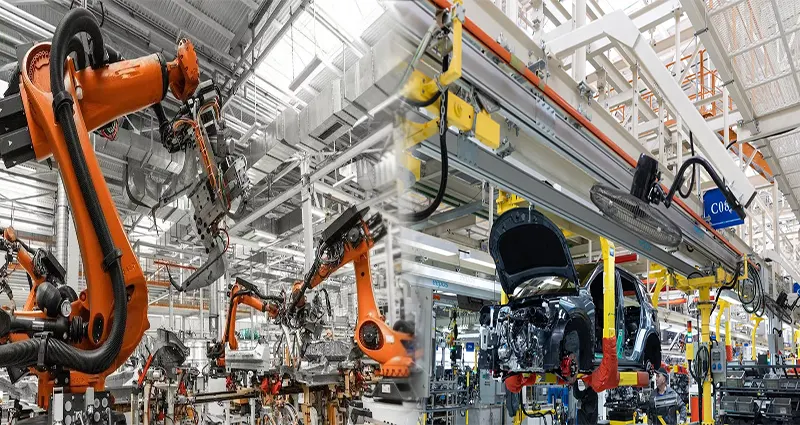In the ever-evolving landscape of the automotive industry, sustainable fuel innovations have emerged as a beacon of hope for a greener and more sustainable future. With a growing focus on reducing carbon emissions and combatting climate change, companies and researchers are increasingly investing in developing alternative fuels that are environmentally friendly and economically feasible.
Rise of Sustainable Fuel Innovations
The shift towards sustainable fuel innovations in the automotive industry has gained significant traction in recent years. From biofuels to hydrogen fuel cells, advancements in technology have paved the way for cleaner and more efficient alternatives to traditional fossil fuels. These innovations not only help reduce greenhouse gas emissions but also offer the potential to decrease our reliance on finite resources.
Biofuels: A Renewable Solution
Biofuels, derived from organic materials such as corn, soybeans, and algae, have emerged as a promising alternative to traditional gasoline and diesel. These fuels are renewable, biodegradable, and emit fewer pollutants, making them an attractive option for environmentally conscious consumers. Companies like Gevo and Renewable Energy Group are leading the way in producing biofuels at scale, driving the adoption of sustainable fuel solutions in the automotive sector.
Hydrogen Fuel Cells: Powering the Future
Hydrogen fuel cells are another sustainable innovation that holds immense potential for revolutionizing the automotive industry. By converting hydrogen gas into electricity to power vehicles, fuel cells produce zero emissions, offering a clean and efficient alternative to combustion engines. Companies like Toyota and Hyundai have already introduced hydrogen fuel cell vehicles to the market, paving the way for a future where sustainable transportation is the norm.
Challenges and Opportunities
While sustainable fuel innovations hold great promise, there are challenges that must be addressed to ensure their widespread adoption. Infrastructure development, cost competitiveness, and scalability are key considerations that industry stakeholders must overcome to make sustainable fuels a mainstream reality. However, as governments, businesses, and consumers increasingly prioritize sustainability, there is a growing opportunity for collaboration and investment in renewable energy solutions.
The automotive industry is at a crossroads, where the choices made today will shape the future of transportation for generations to come. Sustainable fuel innovations offer a pathway towards a cleaner, greener, and more sustainable future, where vehicles are powered by renewable resources and emissions are significantly reduced. By embracing these innovations and driving forward technological advancements, the automotive industry can play a pivotal role in addressing climate change and building a more sustainable world for all.
As the demand for sustainable transportation grows, the automotive industry must continue to push boundaries, innovate, and invest in technologies that will pave the way for a brighter and more environmentally conscious future.










